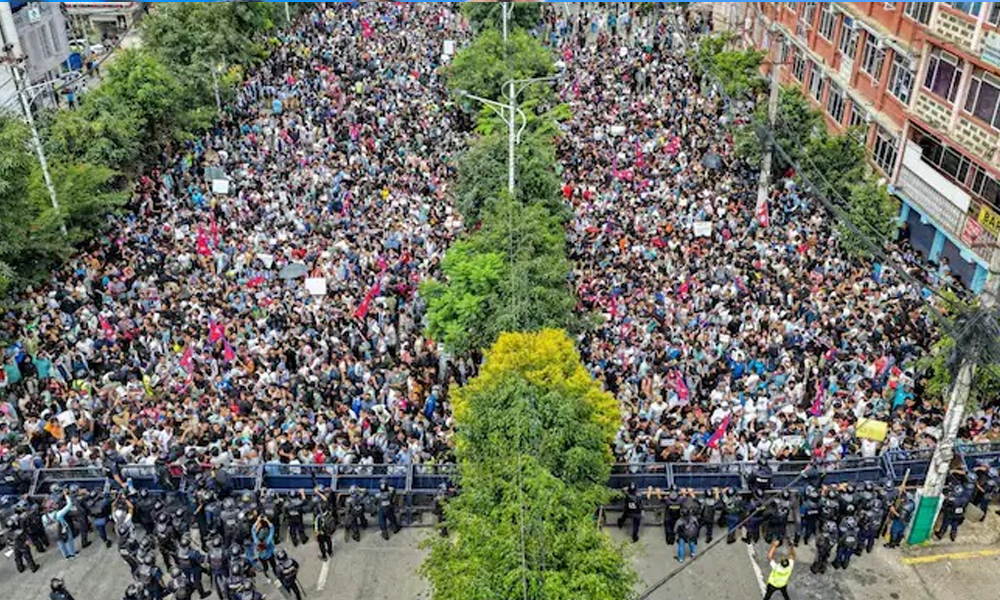The United Nations Environment Programme (UNEP) report stated that by the end of 2040, the aquatic world might be in trouble. It stated that The volume of plastics in the oceans keeps increasing day by day.
It was estimated that nearly 75-199 million tonnes of plastics are there in the ocean's depth at present. Externally meaningful work, discharges of plastic waste into marine ecosystems are predicted to almost triple by 2040.
The microbial community on plastic debris known to be the plastisphere now covers the various biomes on Earth. Plastics and microplastics are all-pervasive, from the most extensive sections of the ocean to the most exclusive marine lands.
According to the assessment presented by UNEP, the rate could be more than double by 2030. The statement reveals the extreme forces being used on the planet due to plastic pollution. It also talks about the necessity for instant measures to control it.
Also Read: Karnataka: 32 students test positive for Covid-19 at a residential school
The statement signaled that under a business-as-usual scenario and in the lack of certain interventions, the quantity of plastic trash entering marine ecosystems could approximately triple from 9-14 million tonnes a year in 2016 to 23-37 million tonnes a time by 2040.
Out of 7 billion tonnes of plastic waste produced till now, an estimated 10 % was recycled. And 14 percent was burned. Also, the rest, 76% into landfills, dumps and scattered in the natural surroundings.

The expected annual decline in the value of plastic packaging trash throughout sorting and processing solely is $80-120 billion.
Plastics marked as biodegradable may take centuries to degrade in the oceans. Litter professes related chances to people, biodiversity, and ecosystem functioning.
The principal causes of aquatic scattering and plastic pollution are land-based. Nearly 7,000 million of the predicted 9,200 million tonnes of total plastic composition within 1950 and 2017 grew into plastic trash.
At least three-quarters of this were dropped and put in landfills, became part of failed wastewaters, or were dropped and left in the environment, including in the ocean.
The UNEP paper titled From Pollution to Solution: a global assessment of marine litter and plastic pollution will discuss at the 5th session of the United Nations Environment Assembly (UNEA 5.2) in 2022. In this session, nations will create momentum for management to grow better through green and sustainable improvement strategies.
















